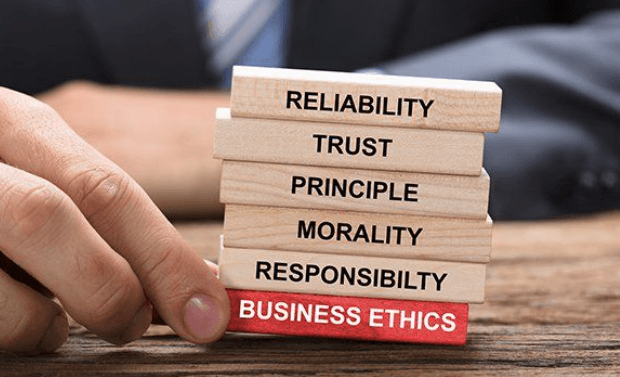The Ethical Implications of Influencer Marketing and How Agencies Are Addressing Them

Introduction
In the rapidly growing world of influencer marketing, ethical considerations have become increasingly important. As brands collaborate with influencers to promote their products and services, influencer marketing agencies play a crucial role in ensuring ethical practices throughout the process. In this blog, we will explore the ethical implications of influencer marketing and discuss how agencies are actively addressing these concerns to maintain transparency, credibility, and integrity in their campaigns.
Ensuring Disclosure and Transparency
One of the primary ethical concerns in influencer marketing is the need for clear disclosure of sponsored content. Influencer marketing agencies have a responsibility to ensure that influencers disclose their partnerships with brands transparently. By setting guidelines and educating influencers about the importance of disclosure, agencies can uphold ethical standards and prevent the audience from being misled. Clear disclosure helps maintain trust between influencers, brands, and their respective audiences.
Authenticity and Genuine Recommendations
Influencer marketing agencies understand the significance of authenticity in influencer-brand collaborations. It is essential for influencers to genuinely believe in the products or services they endorse to maintain their credibility. Agencies play a vital role in ensuring that influencers align with brands that resonate with their personal values and beliefs. By facilitating authentic partnerships, agencies can uphold ethical practices and prevent the promotion of products that influencers do not genuinely support.
Responsible Content Creation and Promotion
Ethical influencer marketing agencies prioritize responsible content creation and promotion. They encourage influencers to create content that is accurate, honest, and aligns with the brand’s messaging. Agencies may establish guidelines to ensure that content is not misleading, deceptive, or in violation of any ethical standards. By promoting responsible content creation, agencies can safeguard the interests of both brands and consumers.
Protecting the Target Audience
Influencer marketing agencies have a responsibility to protect the interests of the target audience. This includes ensuring that the content created by influencers is appropriate, respectful, and does not exploit or deceive the audience. Agencies can implement ethical guidelines and policies that govern the type of content that influencers can create, ensuring that it aligns with the values and expectations of the brand’s target audience.
Monitoring and Compliance
Ethical influencer marketing agencies actively monitor influencer campaigns to ensure compliance with ethical guidelines and regulations. They may conduct regular audits, review content before it is published, and provide ongoing support to influencers. By maintaining a proactive approach to monitoring and compliance, agencies can address any ethical concerns that may arise and take immediate corrective action when needed.
Educating Influencers and Brands
Influencer marketing agencies understand the importance of education in maintaining ethical practices. They provide guidance and resources to both influencers and brands, helping them navigate the ethical complexities of influencer marketing. By educating influencers on best practices, disclosure requirements, and responsible content creation, agencies empower them to make ethical decisions in their collaborations with brands.
Collaboration with Ethical Brands
Ethical influencer marketing agencies prioritize collaborations with brands that share their commitment to ethical practices. They actively seek out partnerships with brands that have a strong ethical foundation, aligning their values with those of the influencers they work with. By partnering with ethical brands, agencies can ensure that the products or services being promoted are trustworthy and beneficial to the audience.
Conclusion
As influencer marketing continues to evolve, ethical considerations remain paramount in maintaining trust and credibility. Influencer marketing agencies play a vital role in addressing the ethical implications of influencer marketing by ensuring disclosure and transparency, fostering authenticity, promoting responsible content creation, protecting the target audience, monitoring compliance, providing education, and collaborating with ethical brands. By prioritising ethics, agencies contribute to the long-term sustainability of influencer marketing, build stronger relationships between influencers and brands, and protect the interests of the audience.
Influencer marketing agencies are actively addressing the ethical implications of influencer marketing. They prioritise disclosure, transparency, and authenticity to maintain trust with the audience. These agencies promote responsible content creation, protect the target audience, and ensure compliance with ethical guidelines. They educate influencers and brands, collaborate with ethical brands, and monitor campaigns for ethical compliance. By addressing these ethical considerations, influencer marketing agencies contribute to the long-term sustainability and credibility of influencer marketing as a powerful advertising tool.




